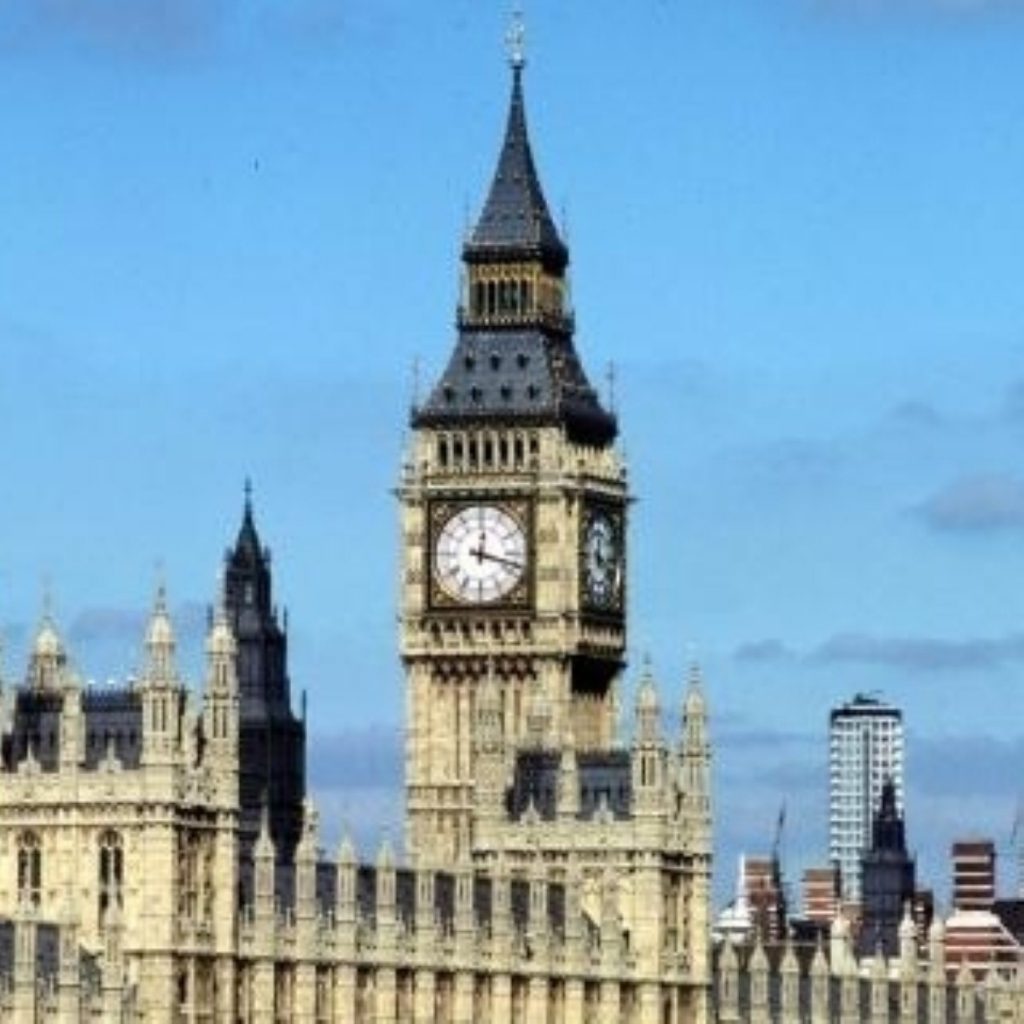Hereditary peers could keep their seats
The 92 hereditary peers in the House of Lords could be allowed to keep their seats in a new reformed upper chamber, leaked documents suggest.
Proposals drawn up for the next phase of Lords reform, on which ministers are hoping to launch a white paper by the end of the year, are expected to put forward a new vision of the chamber made up of life peers and directly-elected members.
But a memo written for the leader of the House of Commons, Jack Straw, and leaked to the Guardian, suggests that ministers believe keeping the hereditary peers and letting them die out naturally may be preferable to expelling them immediately.
There appears to be some political consensus on the way forward for the House of Lords, which is why the government is hoping to draw up plans to take its 1998 reforms – which have already barred all but 92 hereditary peers from the chamber – to the next stage.


However, the memo notes that the hereditary principle is “perhaps one of the most controversial elements of the package of reform” and is likely to present ministers with “considerable difficulties” in getting any changes through parliament.
As a result, it proposes two options that would see the eventual removal of all hereditary peers from the Lords, but only gradually. In the meantime, they could continue to sit in the chamber, contribute to debates and vote.
The first would be to turn all hereditary peers into life peers, which would mean their seat in the House of Lords would die with them. However, the document notes that the position of the life peers is going to have to be reviewed as part of the reforms anyway.
It says: “The advantage of this approach is that there is a definite and symbolic end to the hereditary principle as soon as the act comes into force, without any problems associated with removing the hereditary peers.
“The disadvantage is another 92 individuals are added to the calculations on transitional arrangements.”
Another suggestion would be to end the by-elections that take place after a peer’s death. Under the 1998 reforms, the 92 peers allowed to remain were elected from among all the existing hereditary peers. When they die, their successor is chosen in a similar way.
“This would mean no new hereditary peers would join the Lords, and an eventual end to the hereditary principle by a process of natural wastage. The advantage of this approach is its simplicity, and the fact that the hereditaries get to stay,” the document says.
“This approach would, however, entail a long, drawn-out process and future predictions indicate that even by 2050 at least two peers sitting as a result of the hereditary principle would remain in the Lords.”









